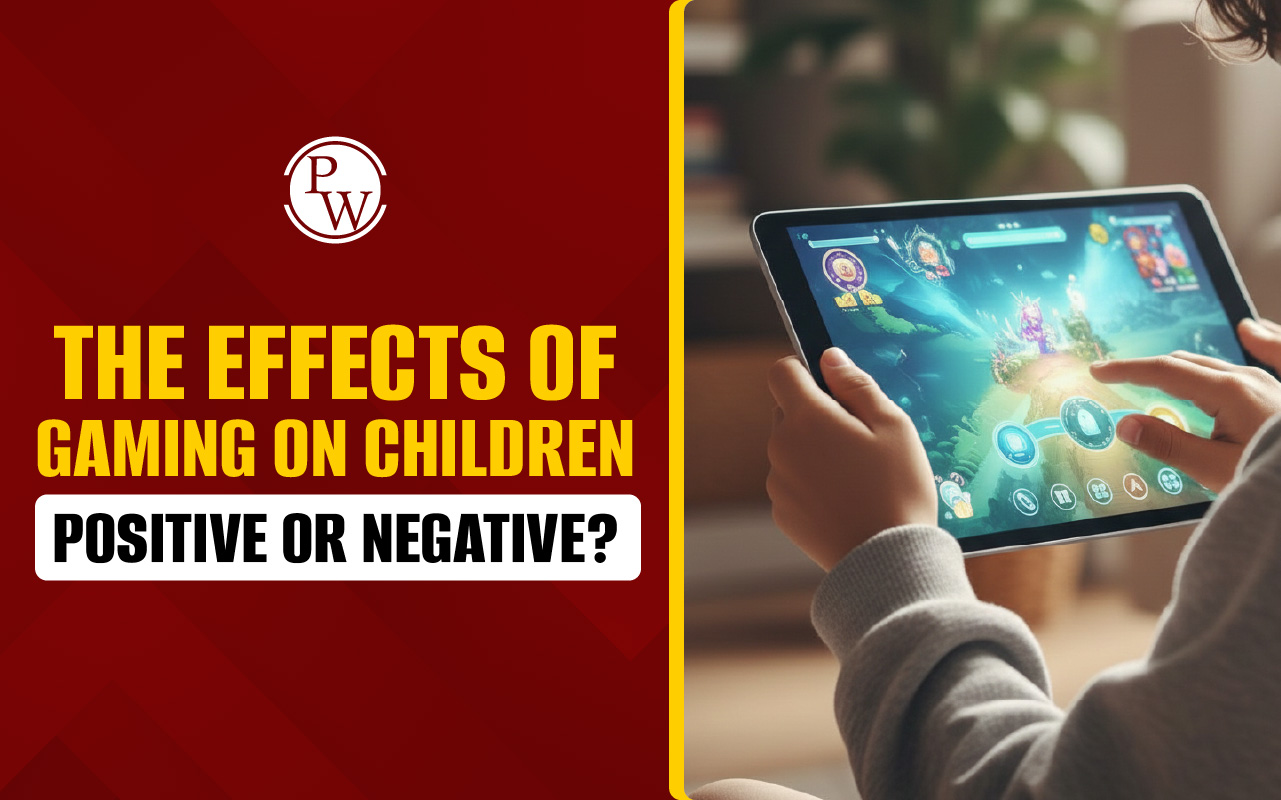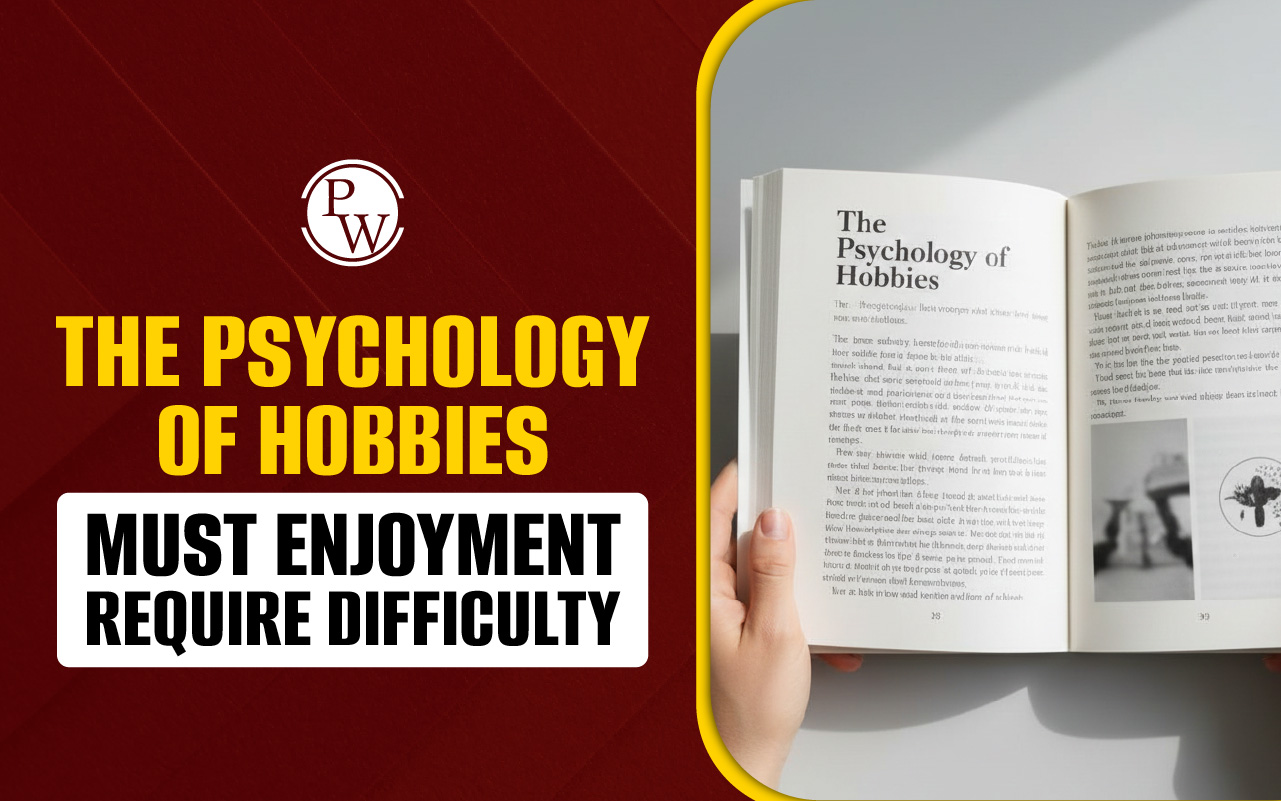
The Concept of Intelligence Reading Answers is an IELTS Reading passage that explores how people perceive and define intelligence through implicit and explicit theories. This concept highlights variations in cultural, developmental, and social perspectives, making it one of the most engaging IELTS Reading Topics for practice.
By studying The Concept Of Intelligence Reading Answers, learners strengthen skills in interpreting ideas within the intelligence theories IELTS passage, while gaining clarity through the IELTS reading concept of intelligence test. With structured strategies, candidates can approach the concept of intelligence reading test confidently and benefit from a detailed concept of intelligence IELTS reading explanation that supports better performance across different IELTS Reading Question Types and boosts their IELTS Reading Band Score.
IELTS The Concept Of Intelligence Reading Answers with Passage
Here is the complete The intelligence theories passage. It is a key resource in the IELTS reading concept of intelligence study area. This passage helps candidates understand diverse definitions of intelligence and improves comprehension of IELTS Reading Topics. Learners also enhance skills in IELTS Reading multiple choice questions and IELTS Reading Sentence Completion Questions.
The Concept of Intelligence Passage
Looked at in one way, everyone knew what intelligence is; looked at in another way, no one really does. Similarly, people have unconscious notions - called ‘implicit theories' - of intelligence, but no one knows what it is all about. Well, it addresses how people perceive and conceptualize intelligence based on their experience. But why do we need to even care what people's perception of intelligence, contradicting to valuing whatever it is? There are at least four different findings related to people’s conceptions of intelligence.
Initially, implicit theories of intelligence set a path in which people perceive and analyse their intelligence and compare it with others. To understand people's judgments about their own and others’ abilities, it is highly-recommended to know more about people’s implicit theories. Let's say for instance, parents’ implicit theories of their children’s language development will show when they will make various alterations in their children’s speech. Besides that, parents’ implicit theories of intelligence will show when they believe their children can do other forms of cognitive tasks. On the other hand, Job recruitment process is performed on the basis of their implicit theories of intelligence. In a working environment, people will decide with whom they can be friends with on the basis of those theories. Overall, the concept of implicit theories of intelligence is imperative mainly because their knowledge is so often used by humans to make predictions and judgements in the course of action.
The second finding is that the implicit theories of scientific investigators obviously increase to their explicit theories. Hence it seems to be useful to know and understand about these implicit theories. Implicit theories are based on a framework, useful in knowing the wide scope of a phenomenon - a not-well-understood phenomenon. So, such implicit theories recommend what components of the phenomenon were used in previous investigations.
Third, implicit theories are advantageous when an investigator accuses that existing explicit theories are not correct or misleading. Likewise, when an investigation of implicit theories showcases some correspondence between the extant implicit and explicit theories, the implicit theories may not be true. However, the chances also need to be considered when the explicit theories are wrong and need to be corrected. For instance, certain implicit theories of intelligence emphasise the need for expansion of some of our explicit theories.
Finally, getting to know implicit theories of intelligence can lead to developmental and cross-cultural variations. As previously mentioned, people have huge expectations for intellectual designs that of course vary for children of different age groups. We must know how such expectations vary as a part of a function of culture. For instance, in Western-type of schooling, children who indulge in activities are likely to be different from those for children who do not indulge in those activities.
It is clear that there are three main implicit theories of how intelligence associates to society as a whole (Sternberg, 1997). And that was claimed by Jacksonian, Hamiltonian, and Jeffersonian. These thoughts are not based purely, but, partially, on the philosophies of Thomas Jefferson, Alexander Hamilton and Andrew Jackson, three great statesmen in the United States.
The Hamilton view, similar to the Platonic view, tells that people are with different levels of intelligence by birth. Those who are less intelligent need the good offices filled with more intelligent people to keep them in line, whether they are government servants or in Plato’s term, philosopher-kings. On the other hand, Herrnstein and Murray (1994) shared this belief when they were writing about the emergence of a cognitive (high-IQ) elite, which eventually would have to be for the largely irresponsible masses of non-elite (low-IQ) people who are unable to protect themselves from any external force. However, we must leave the unintelligent people with whatever they would create, a kind of chaos.
Whereas, the Jefferson view reveals that people must possess equal opportunities, where they do not use equally of these opportunities and are not recognized equally for their achievements. People get recognition for what they accomplish if they get equal opportunity. Poor achievers get no recognition to the same extent as high achievers. Thus, on the Jefferson view, education should not favor or foster an elite, like given in the Hamiltonian tradition, rather it should allow children the opportunities to use their full potential. Even my own idea is similar to these (Sternberg, 1997).
In Jackson's point of view all people are equal, not just as human beings but with respect to their competencies. For example, one person would serve while another in the public sector or a jury or in almost any position having the same amount of responsibility. When it comes to democracy, people are highly inter-substitutable, not on specialised skills, but everything can be learned. Based on this approach, we don't require or want any form of institutions that would show favouritism towards one group over another.
Implicit theories of intelligence and its relationship of intelligence to society should be closely watched because they often serve as underlying criteria for explicit theories and even experimental designs. They are used for scientific experimentation. Until various research scholars are able to analyse their implicit theories and thus their views and thoughts, they are going to miss the opportunity to know what others say while discussing their explicit theories with their information.
The Concept Of Intelligence Reading Passage Sample Questions
Practicing the concept of intelligence reading test through sample questions helps students gain clarity on cultural and social views of intelligence. These practice sets support understanding of IELTS Reading Question Types, boost familiarity with IELTS Reading structure, and guide candidates on how to handle Multiple Choice Questions in IELTS Reading effectively.
|
Sample Questions on IELTS The Concept Of Intelligence Reading Answers Passage |
|
|
Question Type |
Questions |
|
TRUE / FALSE / NOT GIVEN |
1. People’s implicit theories of intelligence affect how parents interact with their children. |
|
MULTIPLE CHOICE |
5. According to the Hamiltonian view, less intelligent people: |
|
6. What is the key idea of the Jefferson view? |
|
|
MATCHING INFORMATION |
7–9. Match the following views with the correct philosopher: |
|
i) All people are equal in competencies. |
|
|
ii) People must have equal opportunities but unequal recognition. |
|
|
iii) Intelligence levels are different by birth. |
|
|
SENTENCE COMPLETION |
10. Implicit theories are useful because they provide a ______ for understanding poorly understood phenomena. |
The Concept Of Intelligence Reading Answers
The concept of intelligence IELTS reading explanation strengthens comprehension and analytical skills. By revising answers, learners improve accuracy in tackling IELTS Reading multiple choice questions and sentence completion tasks. Regular practice enhances strategies for how to improve IELTS Reading Score while also developing confidence for achieving a high IELTS Reading Band Score.
| IELTS The Concept Of Intelligence Reading Answers | ||
| Question Type | Questions | Answers |
| TRUE / FALSE / NOT GIVEN | 1. People’s implicit theories of intelligence affect how parents interact with their children. | TRUE |
| 2. Job recruitment is unrelated to implicit theories of intelligence. | FALSE | |
| 3. Sternberg identified three implicit theories of how intelligence relates to society. | TRUE | |
| 4. Jefferson believed education should mainly benefit the elite. | FALSE | |
| MULTIPLE CHOICE | 5. According to the Hamiltonian view, less intelligent people: | B) Need guidance from more intelligent individuals. |
| 6. What is the key idea of the Jefferson view? | B) Opportunities should be provided equally. | |
| MATCHING INFORMATION | 7–9. Match the following views with the correct philosopher: | |
| i) All people are equal in competencies. | C) Jacksonian | |
| ii) People must have equal opportunities but unequal recognition. | B) Jeffersonian | |
| iii) Intelligence levels are different by birth. | A) Hamiltonian | |
| SENTENCE COMPLETION | 10. Implicit theories are useful because they provide a ______ for understanding poorly understood phenomena. | framework |
| 11. According to Jackson’s view, democracy works because people are ______ in roles and responsibilities. | interchangeable | |
Guidance to PW IELTS Prep
IELTS Online Courses is a great initiative Physics Wallah took to help IELTS aspirants better prepare for the exam. Follow our below pages to learn more about the IELTS exam.| IELTS Reading Band Score | IELTS Listening Band Score |
| IELTS Speaking Band Score | IELTS Writing Band Score |
IELTS The Concept Of Intelligence Reading Answers FAQs
What is the IELTS The Concept Of Intelligence Reading Answers passage about?
How does The Concept Of Intelligence passage help IELTS candidates?
What are the main implicit theories discussed in the intelligence theories IELTS passage?
Which IELTS Reading question types appear in The Concept Of Intelligence Reading test?
How can practicing this passage improve IELTS Reading Band Score?










